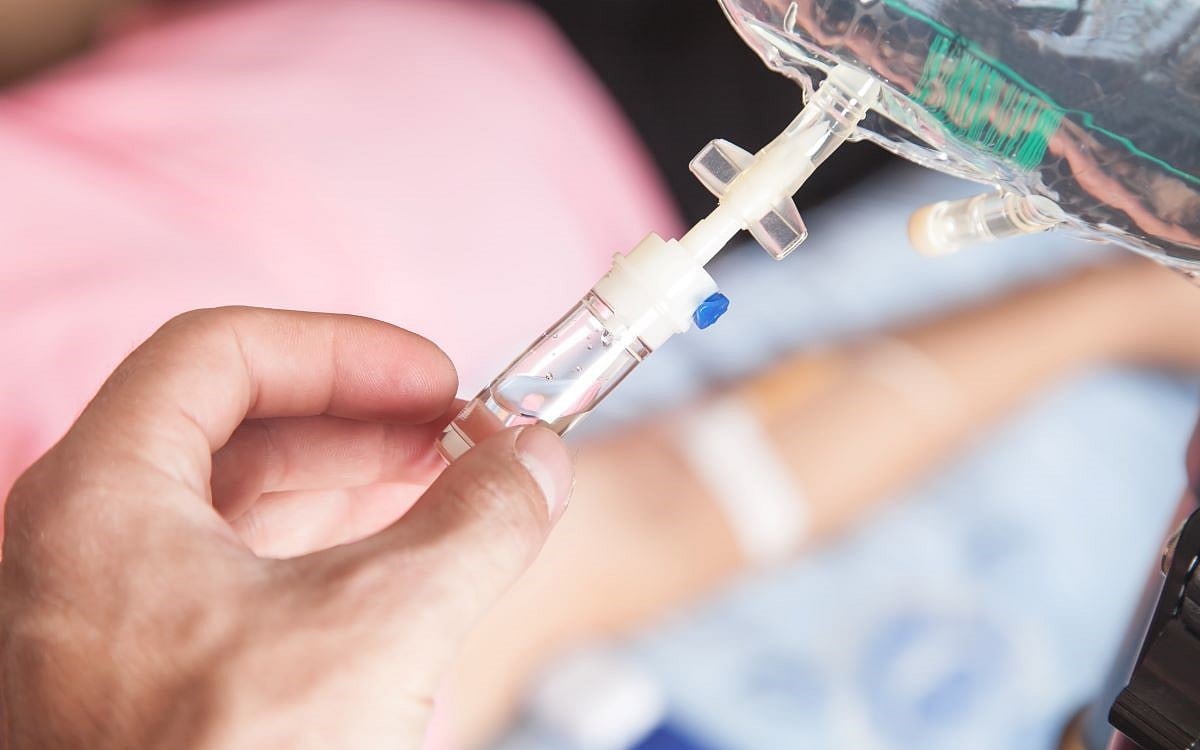Neoadjuvant PD-1 blockade with dostarlimab enables nonoperative management strategy for large proportion of patients
By Elana Gotkine HealthDay Reporter
TUESDAY, April 29, 2025 (HealthDay News) — A neoadjuvant programmed cell death 1 (PD-1) blockade enables nonoperative management among patients with early-stage mismatch repair-deficient (dMMR) solid tumors, according to a study published online April 27 in the New England Journal of Medicine to coincide with the annual meeting of the American Association for Cancer Research, held from April 25 to 30 in Chicago.
Andrea Cercek, M.D., from the Memorial Sloan Kettering Cancer Center in New York City, and colleagues conducted a phase 2 study involving patients with stage I, II, or III dMMR solid tumors amenable to curative-intent surgery who were treated with neoadjuvant dostarlimab, a PD-1 blocking agent, for six months. The response to treatment was assessed in cohort 1, involving 49 patients with dMMR locally advanced rectal cancer, and in cohort 2, involving 54 patients with dMMR nonrectal solid tumors. Patients with a clinical complete response could proceed with nonoperative management.
The researchers found that all 49 patients in cohort 1 who completed treatment had a clinical complete response and proceeded with nonoperative management. At 12 months, 37 had a sustained clinical complete response, which met the criterion for efficacy. A total of 35 patients in cohort 2 who completed treatment had a clinical complete response, and 33 proceeded with nonoperative management. For patients in both cohorts, recurrence-free survival at two years was 92 percent, with a median follow-up for recurrence of 20 months.
“Larger studies are needed to confirm the long-term benefit of this treatment, especially among patients with nonrectal tumors, who had a shorter median follow-up for recurrence,” the authors write.
Several authors disclosed ties to biopharmaceutical companies, including GSK, which manufactures dostarlimab and partially funded the study.
Copyright © 2025 HealthDay. All rights reserved.








